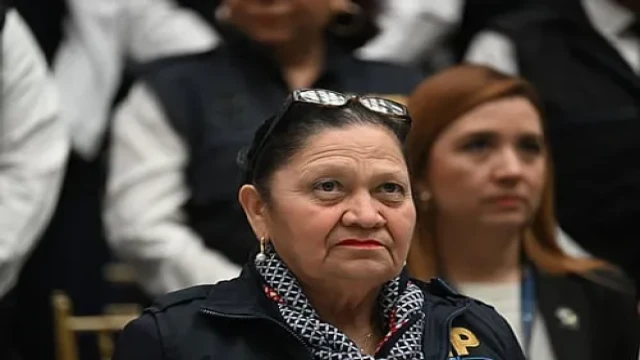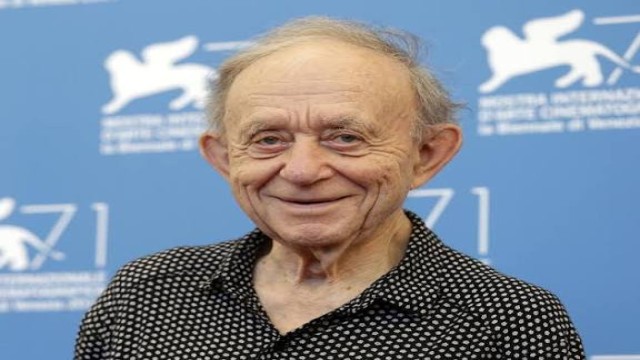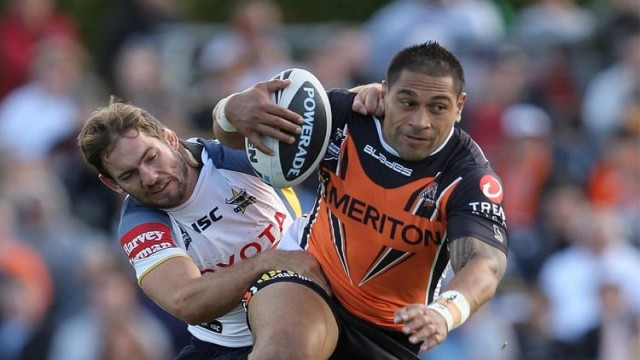Robyn Denholm, Tesla’s Sydney-based chair, often wakes up to unexpected tweets from the company’s CEO, Elon Musk. “If I had a magic wand, Twitter wouldn’t exist,” she quipped in a rare interview with the Financial Times. Musk’s provocative posts on the social media platform, now renamed X, have repeatedly caused issues for Tesla's board, regulators, and governments.
One notable incident occurred in January when Musk tweeted that Tesla would "move immediately" to hold a vote on reincorporating in Texas. This tweet followed a Delaware court's ruling that voided his record $56 billion pay package, putting the board in a difficult position. They had to form an independent committee to assess the potential move, making it challenging to counter the court's judgment that they were "supine servants of an overweening master."
Denholm, 60, has been chair of Tesla for six years and faces her biggest challenge yet: convincing shareholders at the upcoming annual meeting to award Musk the largest payday in U.S. corporate history and securing support for Tesla’s Texas reincorporation plan. Her reputation is on the line, especially after the Delaware ruling criticized her governance approach and questioned her objectivity due to the substantial earnings she made from selling Tesla shares—$280 million in 2021 and 2022 alone.
Overseeing Musk, who leads the world’s most valuable carmaker, is a tough job. Despite the challenges his tweets present, Denholm acknowledged, “Do we have tough conversations about tweets? Absolutely. He’s a contrarian... so you’ve got to work with that as a board... I might wake up in the morning and read a tweet that I wasn’t expecting. I don’t wake up to a strategy shift that we haven’t talked about.”
Denholm's tenure as chair began after Musk’s 2018 tweet about taking Tesla private at $420 a share, which resulted in a surge in stock prices and charges of securities fraud. This incident led to Musk stepping down as chair, a role Denholm took on amidst a public uproar. Despite her prior experience as a Tesla director and CFO of Australian telecom group Telstra, the intense public scrutiny was unexpected. “I was not ready for the public focus on that move,” she admitted.
Denholm’s focus has been on maintaining a solid relationship between the board and Musk. She insists that her role is not to "babysit" Musk but to ensure the board supports the executive team in growing shareholder value over time. She also dismisses rumors about Musk’s alleged drug use, calling reports of him taking LSD, cocaine, ecstasy, and psychedelic mushrooms at parties "absolute BS."
Under her leadership, Tesla has turned profitable, expanding its workforce from 50,000 to 140,000 and increasing annual car sales to 1.8 million. Despite these successes, Tesla faces significant challenges, including a recent drop in its stock value and missed first-quarter delivery targets, leading to the first year-on-year sales decline in four years.
As the annual meeting approaches, Denholm is tasked with navigating these challenges while managing Musk's unpredictable behavior and addressing shareholder concerns. Winning support for the Texas reincorporation requires securing votes from 50% of outstanding shares, with uncast votes counted as "no." Denholm’s ability to galvanize Tesla’s retail investors and manage the board's relationship with Musk will be critical in the coming months.






























Comment: